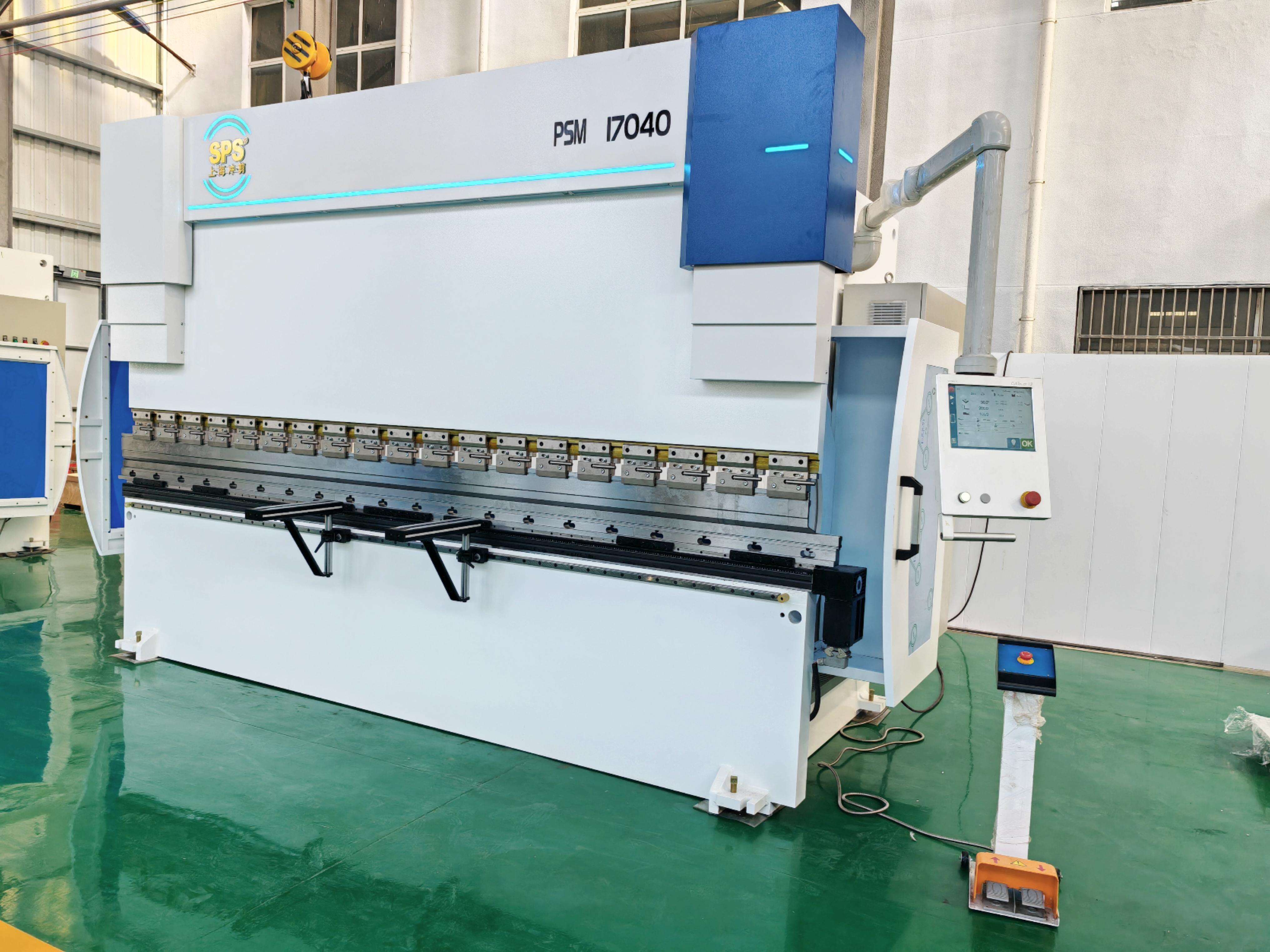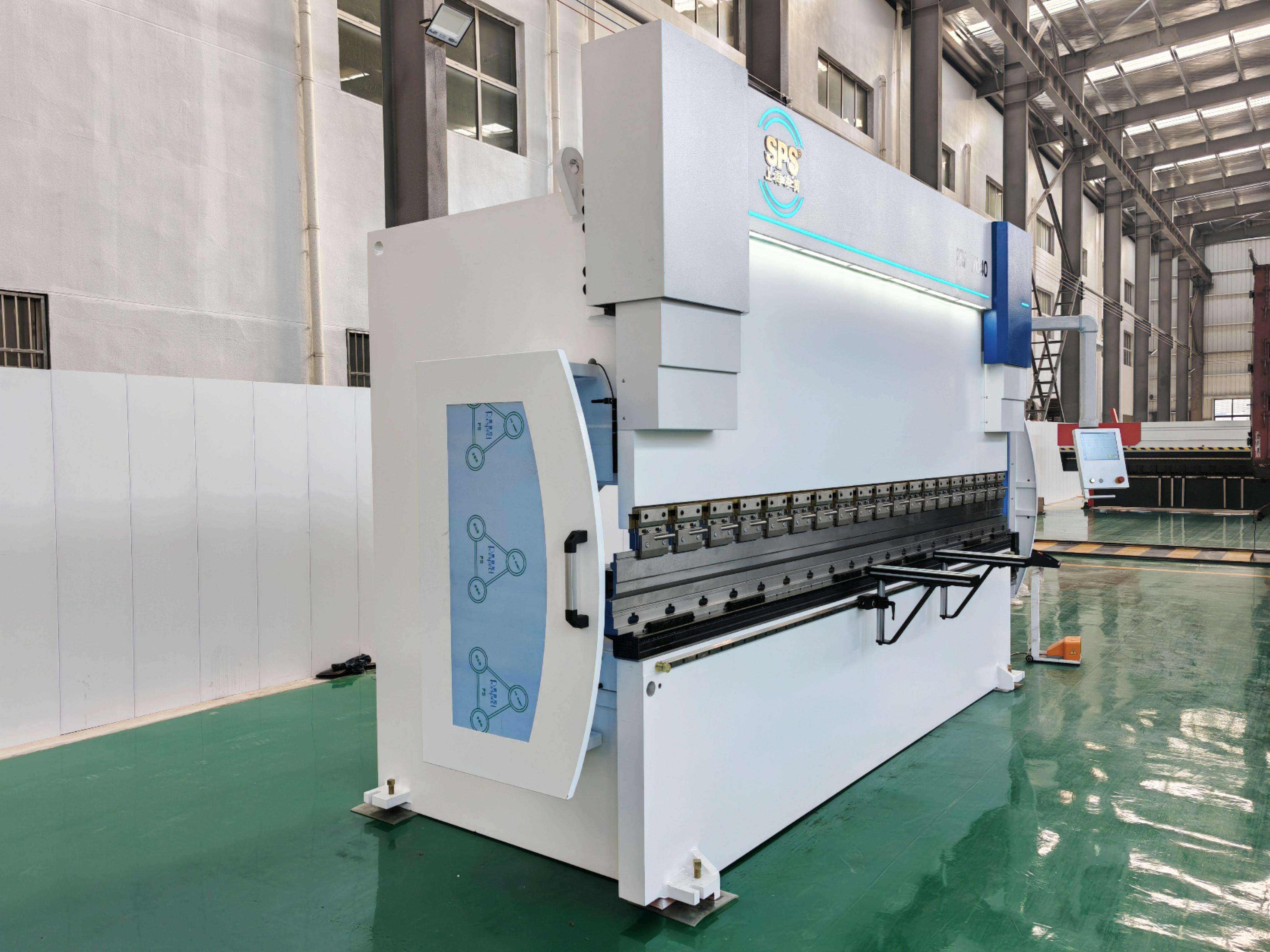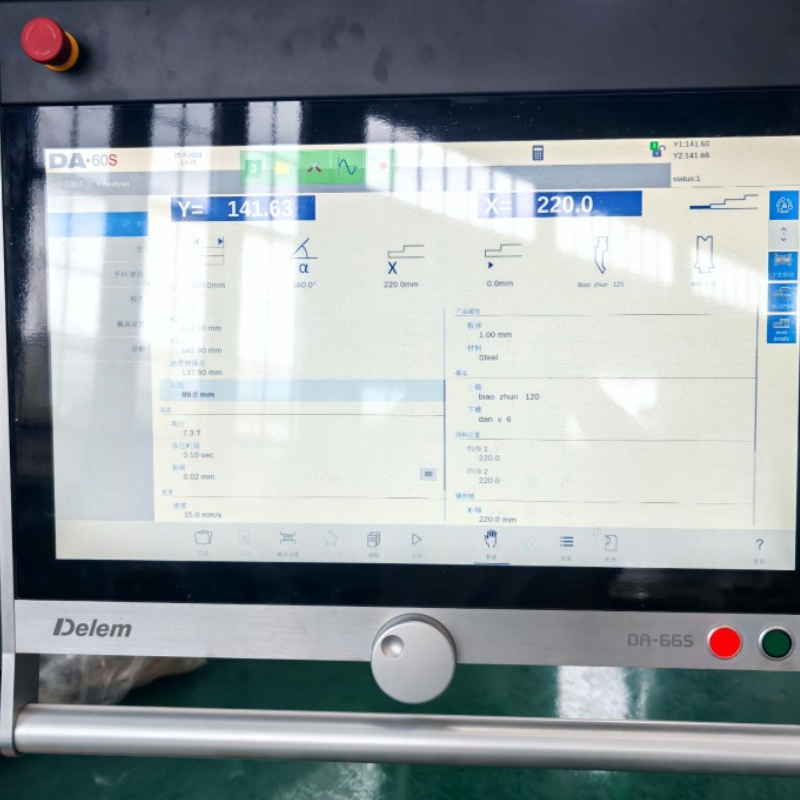sheet metal bending machine price
Sheet metal bending machine prices reflect a comprehensive investment in essential manufacturing equipment. These machines, available across various price points, offer precision bending capabilities for metal fabrication needs. Entry-level models typically range from $5,000 to $15,000, suitable for small workshops and basic operations. Mid-range machines, priced between $15,000 and $50,000, incorporate advanced features like CNC controls and higher tonnage capacities. Premium models, exceeding $50,000, offer sophisticated automation, increased accuracy, and enhanced productivity features. The price variation depends on factors including bending capacity, automation level, control system sophistication, and manufacturer reputation. Most machines feature adjustable speed controls, various die options, and safety systems. They support multiple bending angles and can handle different material thicknesses, making them versatile for diverse industrial applications. Modern units often include energy-efficient systems and user-friendly interfaces, contributing to their overall value proposition. The investment considerations should account for long-term reliability, maintenance requirements, and potential productivity gains.


